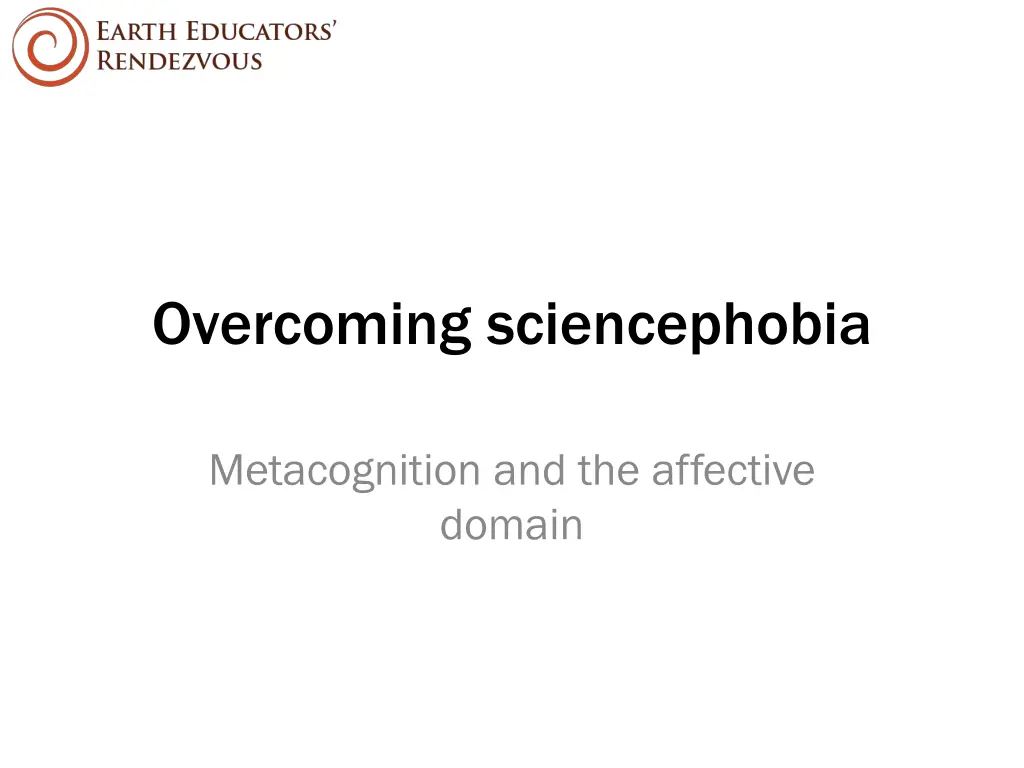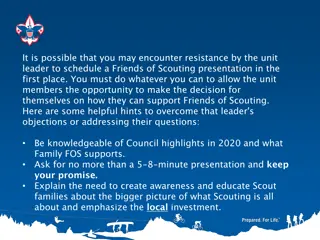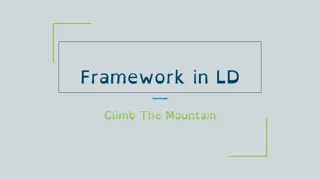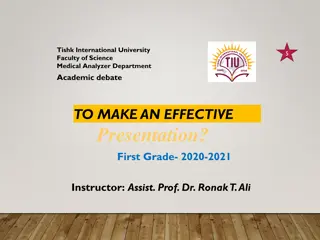
Understanding and Overcoming Science Phobia with Effective Strategies
Explore the affective domain in learning, including attitudes, beliefs, and self-efficacy, along with metacognitive strategies for enhancing learning processes. Discover damaging beliefs like "I am not a math person" and effective strategies to overcome them by promoting a positive learning environment and self-efficacy.
Download Presentation

Please find below an Image/Link to download the presentation.
The content on the website is provided AS IS for your information and personal use only. It may not be sold, licensed, or shared on other websites without obtaining consent from the author. If you encounter any issues during the download, it is possible that the publisher has removed the file from their server.
You are allowed to download the files provided on this website for personal or commercial use, subject to the condition that they are used lawfully. All files are the property of their respective owners.
The content on the website is provided AS IS for your information and personal use only. It may not be sold, licensed, or shared on other websites without obtaining consent from the author.
E N D
Presentation Transcript
Overcoming sciencephobia Metacognition and the affective domain
The affective domain Attitudes, values, beliefs, opinions, interests, motivations Self Self- -efficacy: efficacy: belief in one s ability to achieve a goal or an outcome These strongly influence student learning
Metacognition Metacognition Thinking about thinking Learning about how people learn Developing an awareness of one s own learning process Monitoring and assessing one s own learning Making adjustments to one s learning process Managing one s motivation and attitudes
What damaging beliefs do you encounter? I am not a math person.
Some key strategies Give frequent, early, positive feedback that supports students' beliefs that they can do well. Ensure opportunities for students' success by assigning tasks that are neither too easy nor too difficult. Help students find personal meaning and value in the material. Create an atmosphere that is open and positive. Help students feel that they are valued members of a learning community. More strategies about self-efficacy





















